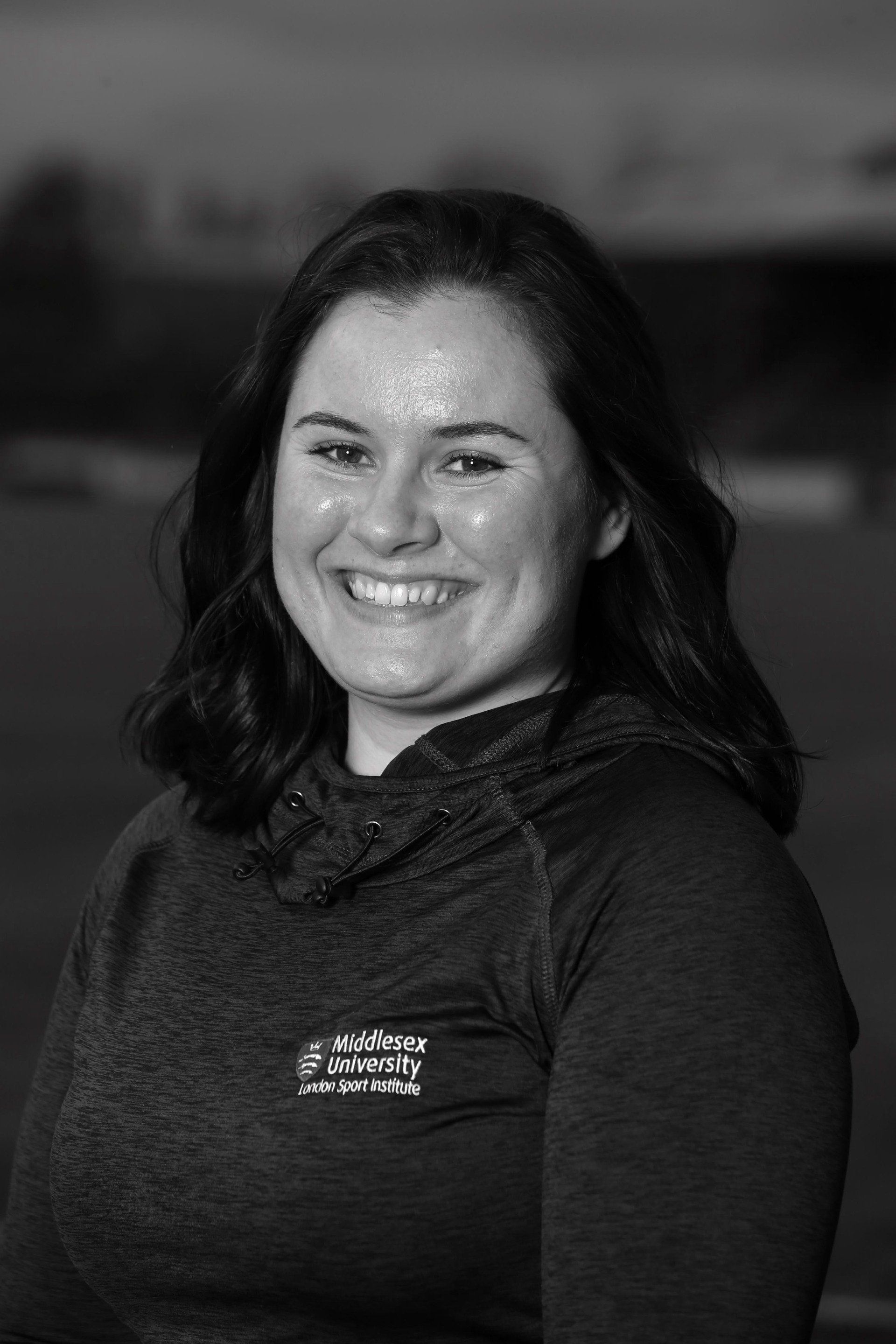Pre-Event Nutrition: Fuelling effectively can be make or break for your performance...
When it comes to event preparation, fuelling effectively can be the difference between an average performance, or the best you’re capable of. Bearing this in mind, nothing matters more than effective carbohydrate loading. There is little point tapering or working on mobility if you don’t have enough fuel in the tank. Glycogen stores, or lack of, remain the biggest limiting factor of cycling performance.
First, lets look at the science...
Before we decide what to eat, we need to understand how we use energy. Cycling is one of the few sports which taxes both the aerobic and anaerobic systems considerably. This means we rely on both carbohydrate stores and fat stores to fuel the ride.
Lower intensity, aerobic phases (training zones 1-3) utilises mainly fats whereas higher intensity efforts, such as sprints and hill climbs (zones 4+) taps into our valuable carbohydrate stores in its usable form known as glycogen. See the table below for a refresher on energy systems...
There has been much debate in recent years over the optimal fuel for endurance events, such as cycling. Fat is an essential fuel for endurance cycling because it requires low intensity, oxygen rich activity to be utilised. Luckily we have plenty of it and it provides considerable amount of energy, making ideal for these events.
There is a school of thought that by increasing fat consumption and adding in practices such as gentle fasted rides or intermittent fasting, we can improve our fat utilisation. This has been found to protect vital glycogen stores during endurance events and ultimately improve endurance performance.
However, despite this low-carb-high-fat hype around endurance events, carbohydrate remains the king of fuel for cycling. Maximising glycogen stores prior to events remains unequivocally the most effective way to fuel for event day.
Effective carbohydrate loading practices are known to improve effort, mood, decision making and most importantly, time to fatigue.
The classic principle of carbohydrate loading is to deplete glycogen stores in the muscles by completing exhaustive training paired with a low carbohydrate diet about a week before the event. Once the glycogen levels are low, carbohydrate intake is significantly increased and exercise tapers off.
This allows super-compensation to occur, allowing 4-5g of glycogen to be stored per 100g muscle compared to 1.7g normally.
There are several issues with this practice. It is questionable if completing exhaustive exercise within a week of an event is a good idea, as well as cutting carbohydrates so drastically low. The sudden increase in carbohydrates after this is associated with stomach upsets and considerable water retention and weight gain.
Instead, it is now suggested that simply matching rest with a carbohydrate intake of 6-10g/kg in the 24-36 hours before an event should be plenty to have a super-compensating effect, whilst minimising the negative side effects.
What do I need to eat in the build up?
It is suggested that on the second day before an event to focus on carbohydrate-rich foods at 6-10g per kg of bodyweight a day, so about 390-650g of carbohydrates in one day for a 65kg male (e.g. 6g x 65kg = 390g/kg), or 300-500g for a 50kg female.
The carbohydrate intake should match the length of the event, so eat towards the top of this range for longer events. Brown pasta, fruit juice, wholemeal bread products and potato are all suitable foods.
On the final day before the event, try to focus your carbohydrates into lower fibre, more sugary options (white bread/pasta/rice and fruit juices, not wholegrain) which are broken down quickly and reduce residue left in the digestive system. This can aid a small reduction in body weight before the event, which may help to compensate for any water retention.
The last meal...
The final meal before an event is your final opportunity to optimise your glycogen stores and to settle your stomach. No one wants to race feeling hungry or too full.
As before, avoid high fibre or high fat foods which may upset digestive systems and take a long time to digest. Focus on 1-4g per kg of bodyweight of carbohydrates in your pre-event meal at within 1-4 hours of the beginning of the race. Eating carbohydrates within an hour of racing may cause excessive utilisation of carbohydrates, causing them to be used up too quickly.
Cereal and fruit, crumpets and honey, baked potatoes or sandwiches on white bread are suitable options pre-event. For those who struggle to eat early in the day or who suffer from pre-event nerves, smoothies or meals blended into soups may help with adequate food consumption.
Also consider the importance of hydration. Carbohydrates store water with them, which means we must drink more when consuming high volumes. Before a race, drink plenty of water a reasonable amount of time before the event, so that you have time to visit the toilet before start line, which takes about 30-60 minutes.
Easing back on the hydration in the hour before the event may reduce the need to go during the race.
In summary
Nothing is more important in cycling than fuelling appropriately. None of these practices should be done for the first time before your big event. Take time in training to rehearse your pre-event fuelling, find out what works for you, your stomach and ultimately your performance.
· 6-10 g/kg of carbohydrates for the two days before an event, while resting.
· Focus on white, easily digested carbohydrates the day before – not too much fibre.
· The meal before should be 1-4 hours before the race, including 1-4 g/kg carbohydrates.
· Drink sensibly, allowing toilet breaks before the race.

